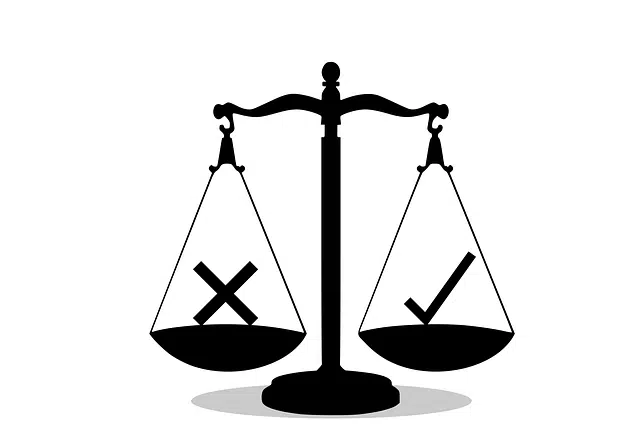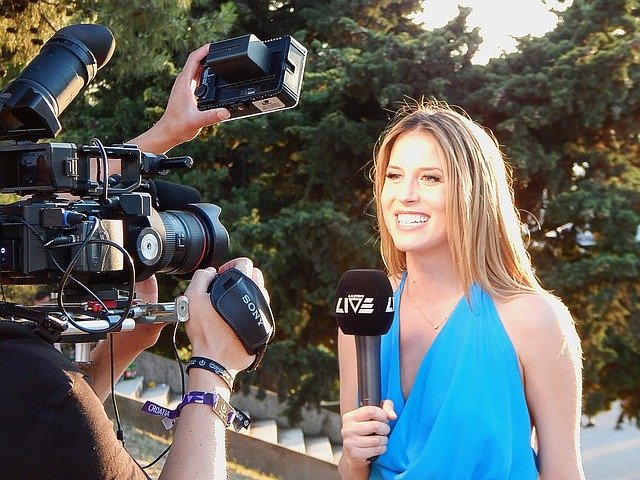
Deontology reflects on the values and obligations that are governed by morality.
The first thing we are going to do is determine the etymological origin of the term deontology . In this sense we have to establish that it emanates from Greek, since it is the result of the sum of two components of said language:
• “Deontos”, which can be translated as “duty or obligation”.
• «Logia», which is synonymous with «study».
What is deontology
Deontology is a concept used to name a type of treatise or discipline that focuses on the analysis of duties and values governed by morality .
British philosopher Jeremy Bentham is said to have been responsible for coining the notion. Deontology is part of what is known as normative ethics (the philosophy that indicates what should be considered good and what should be classified as bad). This means that each profession, trade or specific field can have its own deontology that indicates what the duty of each person is.
Code of ethics
It is common for certain professions to have a code of ethics , which is a kind of manual that compiles the moral obligations that those who carry out a job must respect.
It is important to highlight that deontology analyzes the internal duties of the individual; That is, what you should do or avoid according to what your conscience dictates. The values shared and accepted by ethics are included in the deontological codes.
medical deontology
Within the field of medicine, there is what is known as the code of medical deontology, of which we can highlight the following hallmarks:
• It is also called Medical Deontology.
• It is made up of the set of rules or principles of an ethical nature that must govern at all times the actions of professionals who work as doctors.
• Specifically, it is based on a series of principles that are considered to be the pillars of the ethics of any professional who practices medicine: justice, beneficence, non-maleficence and autonomy.
• Establishes that non-compliance with the aforementioned rules will entail a disciplinary offense on which decisions must be made by the corresponding authority.
This code is made up, first of all, of the Hippocratic Oath and is then completed by other rules and guidelines that deal with issues such as the following:
• The doctor's relationship with patients.
• Professional secrecy.
• Quality in regards to medical care.
• Conscientious objection.
• Human reproduction.
• Organ transplant.
• Medical research.
• Medical care at the end of life.
• Relationships with other doctors, with other health professionals or with the collegiate medical corporation.
• Medical teaching.
• Genetic testing.

Journalistic work is governed by professional ethics.
The notion in journalism
Professional deontology applies to journalism , among other fields. Journalists, according to deontology, must always deal with verified data, confirm the veracity of what they report, protect the sources that provide them with data and not cite content without mentioning the names of its authors, among other principles. If a journalist violates these criteria, he or she may receive different punishments according to the internal rules of the media outlet in which he or she works.
Within this professional field, it becomes especially difficult to distinguish and respect two types of freedom closely related to journalism: that of expression and that of information . The reason for their similarity is that both pursue the objective of communicating something , although the main difference lies in that something.
Deontology and freedom
Few rights surpass that of expressing oneself freely, given that it is the basis of the fight to be respected and the dissemination of the rest of the rights of human beings. In short, freedom of expression is related to opinionated matters; Information, on the other hand, revolves around facts that are worthy of being published as news. Both freedoms are necessary to form a spontaneous public opinion , without oppression or invisible limits, but deontology makes their implementation not as simple as in a utopian world.
Freedom of information implies the right that all human beings have to spread any story that reaches our ears, but deontology requires certain precautions in the process, some of which are mentioned in a previous paragraph, and the complexity of the life makes it not always convenient or productive to make use of this freedom; There may even be cases in which preventing a third party from enjoying it is considered the fairest option.
Returning to the concept of freedom of expression, which gives us the right to express our opinions, let's look at the two qualitative levels that can be distinguished:
* the function of reporting about a real event, which communicates a true message of interest to the rest of the people. It is necessary to emphasize the importance of the truthfulness of the message , since it is the property that can invalidate its informative nature;
* the function of giving an opinion , which is as important as the previous one, since both complement and enrich each other, with the opinion being a natural and necessary consequence of the information.
Regarding opinion, it does not have the fundamental task of feeding and keeping democracy alive and collaborating with the fulfillment of human rights.
